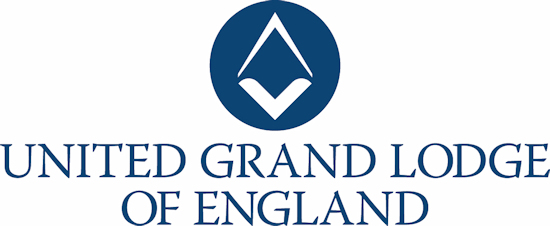Freemasonry is a fraternal organization that traces its roots back to the late 16th or early 17th century in Scotland and England. The exact origins and early history of Freemasonry are not entirely clear, as it emerged from a combination of various medieval stonemason guilds and other esoteric traditions.
In the Middle Ages, stonemasons formed guilds to regulate their craft and protect the interests of their members. These guilds had rituals and secrets to distinguish themselves from non-members and maintain the quality of their work. Over time, as the demand for stonemasons declined, these guilds started accepting members who were not actual working masons, including gentlemen and intellectuals who were interested in the guild’s traditions and knowledge.
During the Renaissance period, these guilds began to admit non-masons into their ranks, transforming into speculative lodges. This transition marked the shift from operative (working) masonry to speculative (philosophical) masonry. The lodges adopted symbols, allegories, and moral teachings as a way to impart moral and philosophical lessons to their members.
The first verifiable evidence of organized Freemasonry can be found in the formation of the Grand Lodge of London and Westminster in 1717. This event is considered the starting point of modern Freemasonry. The Grand Lodge system provided a centralized authority and a standardized set of rituals, ceremonies, and symbols for Freemasonry.
Freemasonry gained popularity in the 18th century, spreading to other parts of Europe and eventually to the American colonies. Many prominent figures of the time, including Benjamin Franklin, George Washington, and Voltaire, were Freemasons. Freemasonry attracted members from various social backgrounds, including aristocrats, intellectuals, and craftsmen, and it emphasized moral and ethical values, brotherhood, and personal development.
In the 19th and 20th centuries, Freemasonry continued to expand globally, with lodges established in different countries and continents. It also experienced periods of controversy and suspicion, often due to its secretive nature and influence in political and social circles. Freemasonry has been associated with conspiracy theories and accusations of hidden agendas, but these claims lack substantial evidence.
Today, Freemasonry exists in various forms and jurisdictions worldwide, with different degrees, rituals, and traditions. Masonic lodges continue to promote brotherhood, moral values, and charitable work, while providing a space for personal growth and intellectual exploration. Freemasonry remains a significant fraternal organization with a rich history and a diverse membership.
The founding members of Freemasonry in England are not definitively known, as the origins of the organization are shrouded in historical ambiguity and speculation. However, there are several prominent figures associated with the early development of Freemasonry in England:
- Elias Ashmole (1617-1692): Ashmole was an English antiquary, politician, and collector who is often mentioned in relation to the early history of Freemasonry. He was initiated into a Masonic lodge in 1646 and later recorded the event in his diary. Ashmole’s involvement in Freemasonry is considered significant, as he was one of the earliest known speculative Freemasons in England.
- Sir Robert Moray (1608-1673): Moray, a Scottish soldier and scholar, is another figure often linked to the founding of Freemasonry. He was a member of the Royal Society and reputedly played a role in introducing Scottish Masonic practices to England.
- Dr. John Theophilus Desaguliers (1683-1744): Desaguliers was a French-born natural philosopher and clergyman who became a prominent Freemason. He played a crucial role in standardizing and popularizing the ritualistic practices of Freemasonry in the early 18th century. Desaguliers is credited with introducing the lecture system and scientific themes into Masonic ceremonies.
- Anthony Sayer: Sayer is recognized as the first Grand Master of the premier Grand Lodge of London and Westminster, which was established in 1717. He held the position for only one year, but his appointment marks an important milestone in the institutionalization of modern Freemasonry.
It’s worth noting that the founding of Freemasonry was not solely the result of a single individual’s efforts but rather a gradual development over time. The organization evolved from a combination of medieval stonemason guilds, intellectual circles, and esoteric traditions. Therefore, attributing Freemasonry’s founding to specific individuals is challenging, and the true origins remain a subject of ongoing scholarly debate.

Integrity – Friendship – Respect – Service